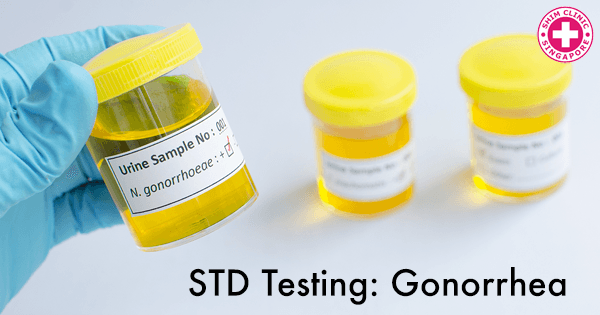What Is Gonorrhea?
Gonorrhea is a sexually transmitted disease (STD) that is caused by an infection containing the Neisseria gonorrhoeae bacterium. This bacterium normally infects warm and moist areas such as the urethra, vagina, rectum, fallopian tubes, uterus, cervix, throat and eyes. This STD has been associated with higher risk of contracting HIV. Gonorrhea is acquired through sexual intercourse (vaginal, anal or oral) with a partner who is infected with gonorrhea. Also, a pregnant woman suffering from the STD can pass the infection to her baby during birth.
The exact time when the first person acquired gonorrhea cannot be established although, the earliest records of the disease were reported in 1611 after the English parliament passed a law that would ensure that the spread of gonorrhea was curtailed. The challenges posed by gonorrhea were enormous at the time, not to mention that the cause of the disease was still unidentified. In 1256, France passed a similar law after crusaders exhibited symptoms of the disease in Acre.
The first breakthrough came in 1879 when Neisser discovered the gonococcus, today referred to as Neisseria gonorrhoeae and proved that it was the cause of gonorrhea. During this time, gonorrhea was commonly called the clap. This, according to historians, was because the infected person would experience a sudden clapping sensation when urinating. Others believe that the name was as a result of the action used to remove the pus-like discharge from the penis. To do so, one had to clap the penis on both sides. Another belief is that the name was coined from French brothels, known as les clapiers, and men who frequented these brothels and inevitably ended up getting the infection.
Getting Tested
To find out whether you have gonorrhea you have to get tested preferably at an STD clinic. If for any reason you suspect that you have gonorrhea or any other sexually transmitted disease, it is very vital that you go for STD testing immediately. Diagnosing and treating gonorrhea early will prevent complications such a pelvic inflammatory disease from developing. Such complications are hard to treat.
Who Should Get Tested?
Doctors advice gonorrhea testing if you suspect you or your partner to have symptoms of gonorrhea, you’ve had unprotected sex with someone you suspect to have the disease, you have any other STD, your partner has an STD, if you are pregnant or planning to get pregnant or if you notice an abnormal vaginal discharge.
Some of the symptoms of gonorrhea are different in men and women. In men the symptoms are:
- A whitish/yellowish discharge from the penis
- Burning sensation when urinating
- Swollen glands and burning throat in cases where oral sex is being practiced
- Sore or swollen testicles
In women the symptoms are:
- Yellowish vaginal discharge
- Lower pelvic ache
- Burning sensation when urinating
- Red and itchy eyes
- Excess bleeding mid periods
- Spotting after sex
- Vulvitis (swelling of the vulva)
- Burning throat and swollen glands due to oral sex
It is recommended that you do STD testing at an STD clinic, a private clinic, gynecological clinic or any healthcare center for the best results.
There are two popular ways used to test for gonorrhea. You can either get a sample removed using a swab or provide a urine sample. The two common gonorrhea tests are:
- NAAT (Nucleic acid amplification tests): This test is used to investigate the DNA of gonorrhea germs. NAAT is a very accurate test done using urine samples or body fluid samples from the area where the infection is suspected.
- Gonorrhea Culture: A sample from the area infection is suspected is used to conduct this test. Such areas include the urethra, eye, anus and throat. The collected sample is then combined with elements that facilitate the gonorrhea germs to grow. This test is also used to tell if the gonorrhea germs are resisting antibiotics in case of a prolonged infection that is not responding to treatment.
Getting the Results and Treatment
How accurate your results will be is determined by the type of test used and the part of your body the test sample is collected from. Some clinics have doctors who view samples using a microscope and get the test results immediately. Others take up to two weeks to get the results.
Modern antibiotics are used to cure most gonorrhea. However, there have been reports of drug-resistant strains of gonorrhea that will not respond to common antibiotics. Such strains will need more extensive treatment using more advanced and expensive antibiotics or a combination of antibiotics.

